The demand for electric vehicles (EVs) has skyrocketed in recent times. With the rise of Elon Musk’s Tesla, EVs have even developed a devoted following. EVs really do have a lot of upsides, but not everything these enthusiasts say is always correct. A lot of the time, their claims are oversimplified, or they’re just not accurate at all. Let’s explore some of the things the EV enthusiasts insist on that may not be entirely correct.
EVs Are Always Greener Than Gas Cars
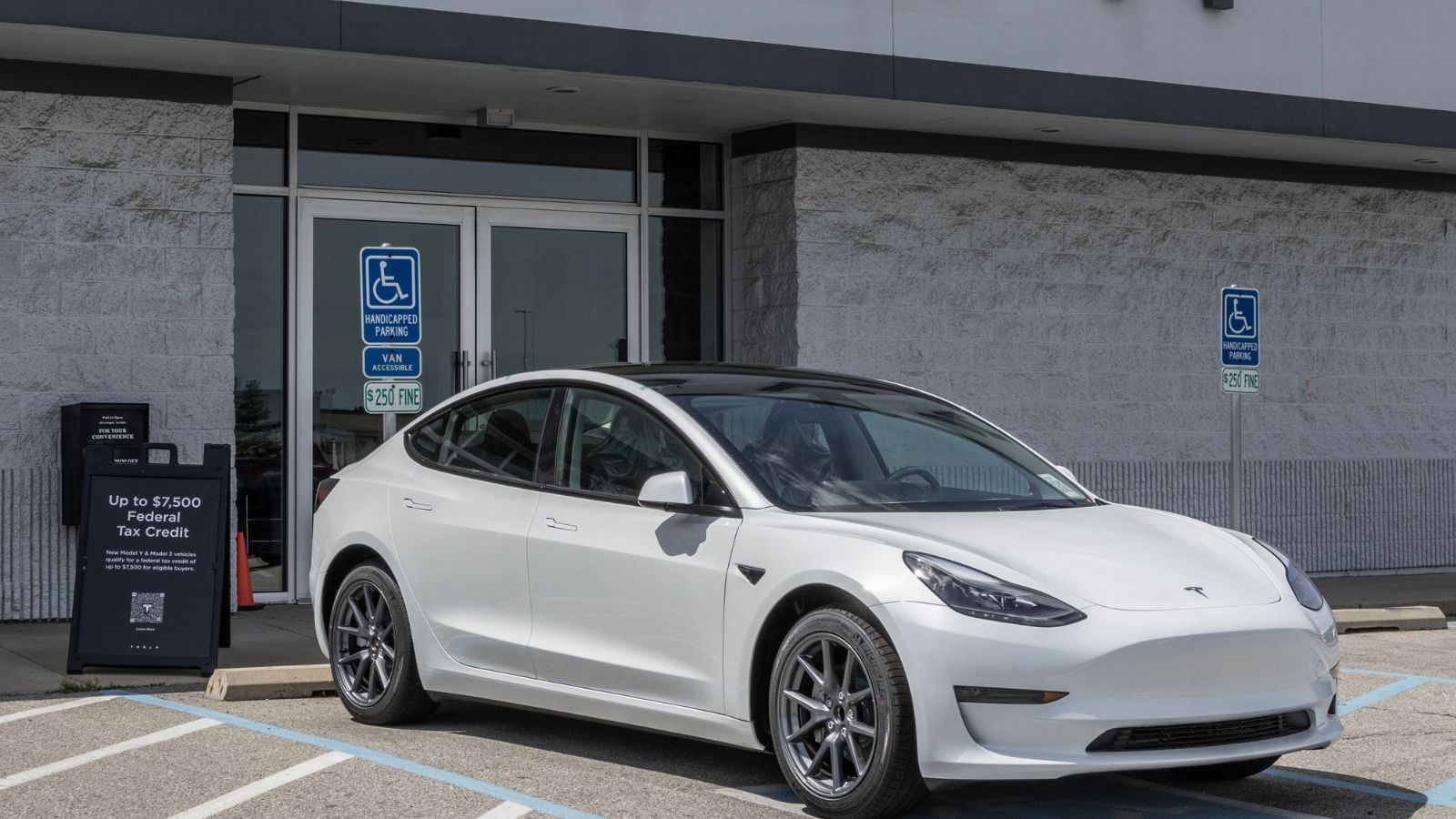
This is a common argument, but the idea that EVs are completely eco-friendly isn’t completely accurate. While EVs produce no tailpipe emissions, their environmental impact still depends on how the electricity they use is generated.
Battery production requires a lot of energy and raw materials, adding to their carbon footprint. That doesn’t mean EVs aren’t a better choice in many cases, but there’s more to it than just exhaust fumes.
Charging Is Always Cheaper Than Gas
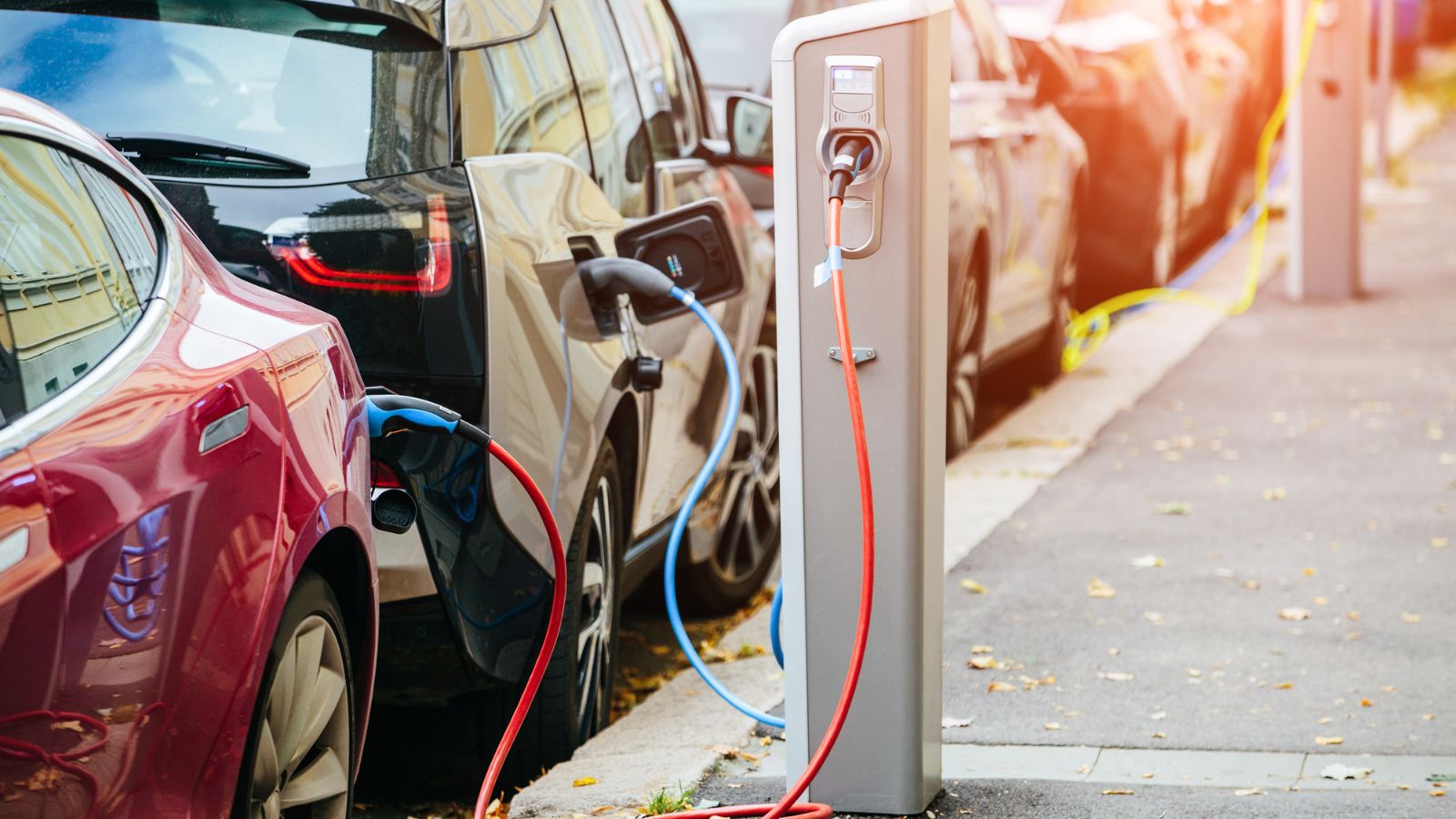
It’s true that charging an EV is usually cheaper than filling up a gas tank, but this isn’t always the case. Electricity prices can vary massively based on where you are and what time you’re charging your car. For example, charging during peak hours can be much more expensive, and some fast-charging stations even charge premium rates.
You might be one of the people who live in an area with high electricity costs, so your savings may not be like other people’s.
EVs Are Maintenance-Free

Some people claim that EVs require little to no maintenance because they don’t have a complicated engine like normal cars. But, just because they don’t need oil changes, they still require a lot of care. Tires wear out much faster because EVs weigh so much more than normal cars.
In addition to this, your brake fluid will need replacing, and battery cooling systems must be checked. While EVs do reduce some upkeep you would usually find with conventional cars, they’re not entirely maintenance-free.
All EVs Have Long Ranges

Many EV enthusiasts talk about how newer models have increasingly larger battery ranges, but not all electric cars can go hundreds of miles on a single charge. Entry-level EVs and older models often have a much more limited range, making them far less practical for long trips. Bad weather conditions and heavy loads can also drastically reduce their ranges. This is especially frustrating when you’re just trying to get your job done.
Fast Charging Is Convenient Everywhere
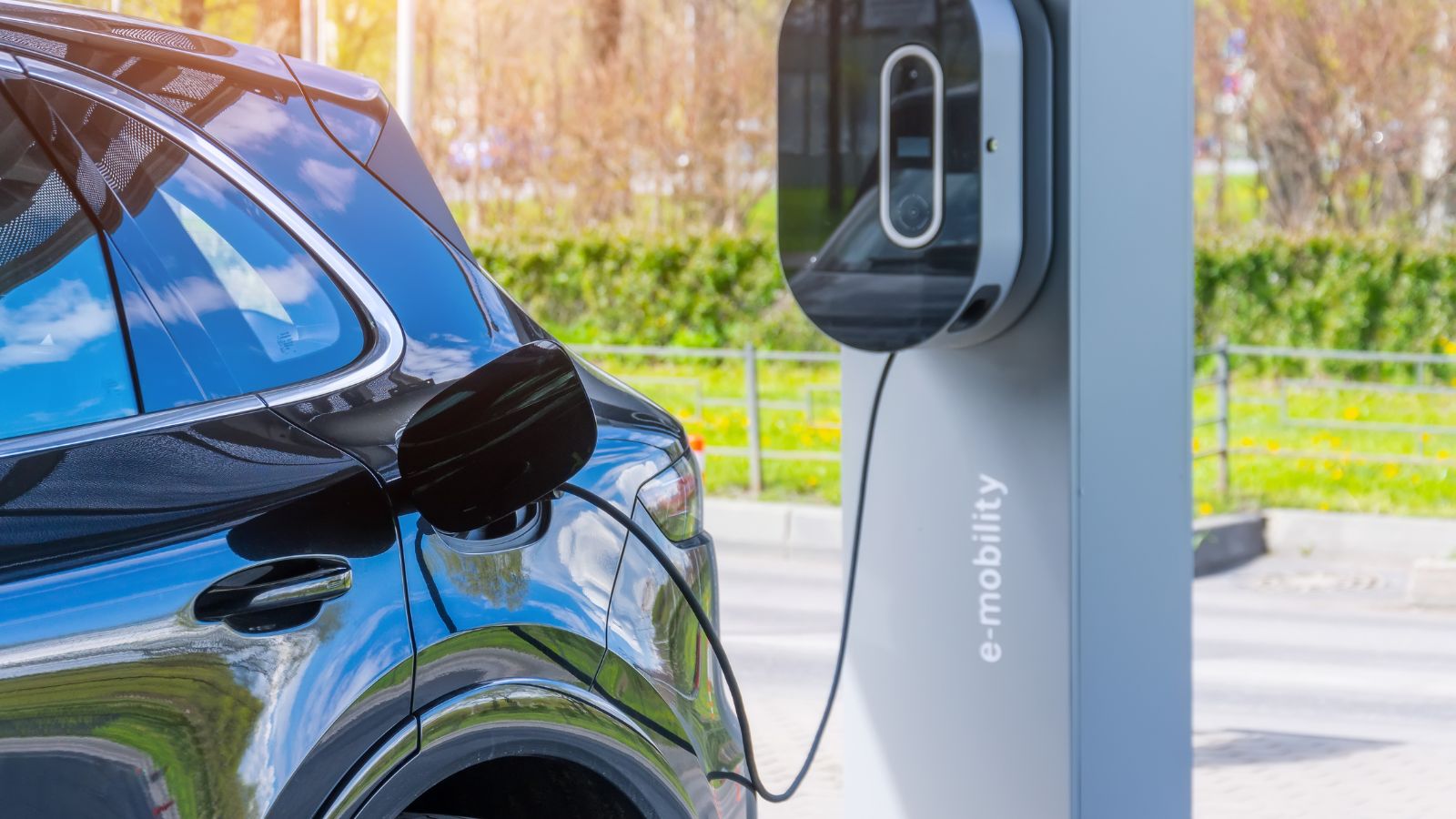
Fast chargers can top up an EV really quickly, but they’re not as common as enthusiasts suggest. Most of the country is very undeveloped and rural, making it tricky to set up adequate charging infrastructure. Even where these fast chargers exist, you can end up waiting ages to actually use them during busy periods, which can be extremely frustrating. A
EVs Are Perfect for Everyone

People living in apartments or homes without easy access to charging may struggle with the logistics. Can you imagine charging your car through the window of your 4th-floor apartment? Understanding your own personal needs and circumstances is key to determining whether an EV is the right choice for you.
Battery Recycling Solves Waste Concerns
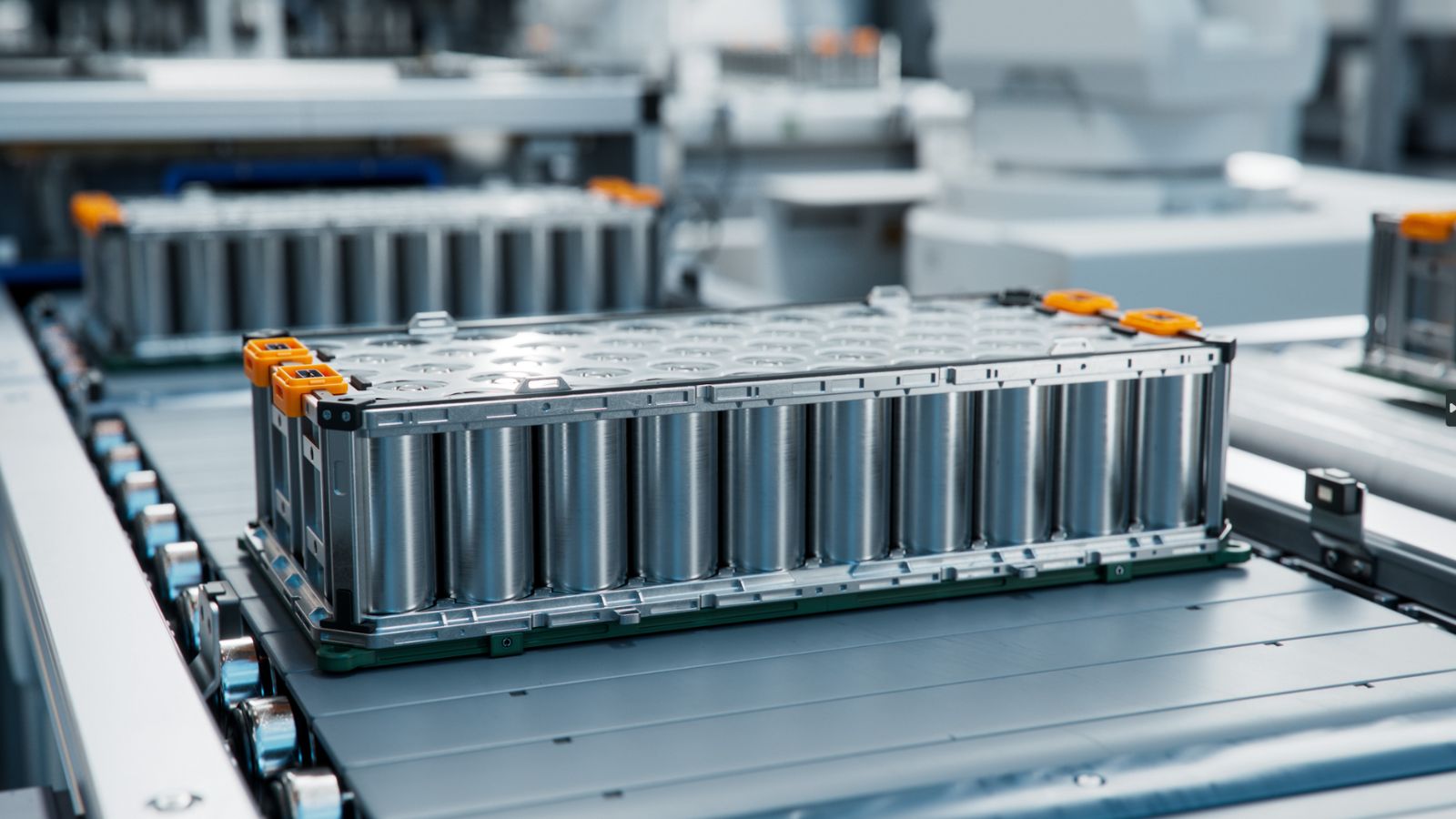
There are still a lot of concerns when it comes to battery waste. Some enthusiasts believe battery recycling eliminates concerns about EV waste, but unfortunately, this isn’t completely true. While recycling technology is improving, it’s not yet widespread or efficient enough to handle the growing volume of EV batteries.
Many of these batteries end up in storage or landfills because recycling infrastructure just isn’t good enough yet to deal with them. Hopefully, in the future, we will have more developed systems to effectively deal with these problems.
EVs Are Completely Silent

They might be quieter than gas cars, but EVs are definitely not silent. At low speeds, many EVs make weird sounds to alert pedestrians of their presence, which can be noticeable in quiet environments. Road and tire noise also increase at higher speeds, especially on highways. While they’re undoubtedly quieter, the claim of total silence isn’t entirely accurate.
Even though they aren’t completely silent, there might also be problems regarding safety over how quiet some EVs are.
EVs Are Always Faster

Impressive acceleration because of its instant torque, EVs are definitely very quick, but not every model is a speed demon. Budget-friendly EVs and older designs often prioritized efficiency over performance, so if you got into one of them, you would not be blown away by their speed. While high-performance EVs do exist, assuming they’re all fast is a bit of a stretch.
Public Charging Is Reliable

Infrastructure has definitely grown, but reliability is still an issue. Broken chargers, unavailable ports, and compatibility problems with certain EV models can make charging much more stressful than you would like. In some areas, chargers are poorly maintained or located in inconvenient spots. They’re even prone to vandalism since they don’t require anyone to oversee them, like gas pumps.
While progress is being made, the system certainly isn’t perfect yet, and drivers should always have backup plans in case they’re left stranded.
EV Batteries Last Forever
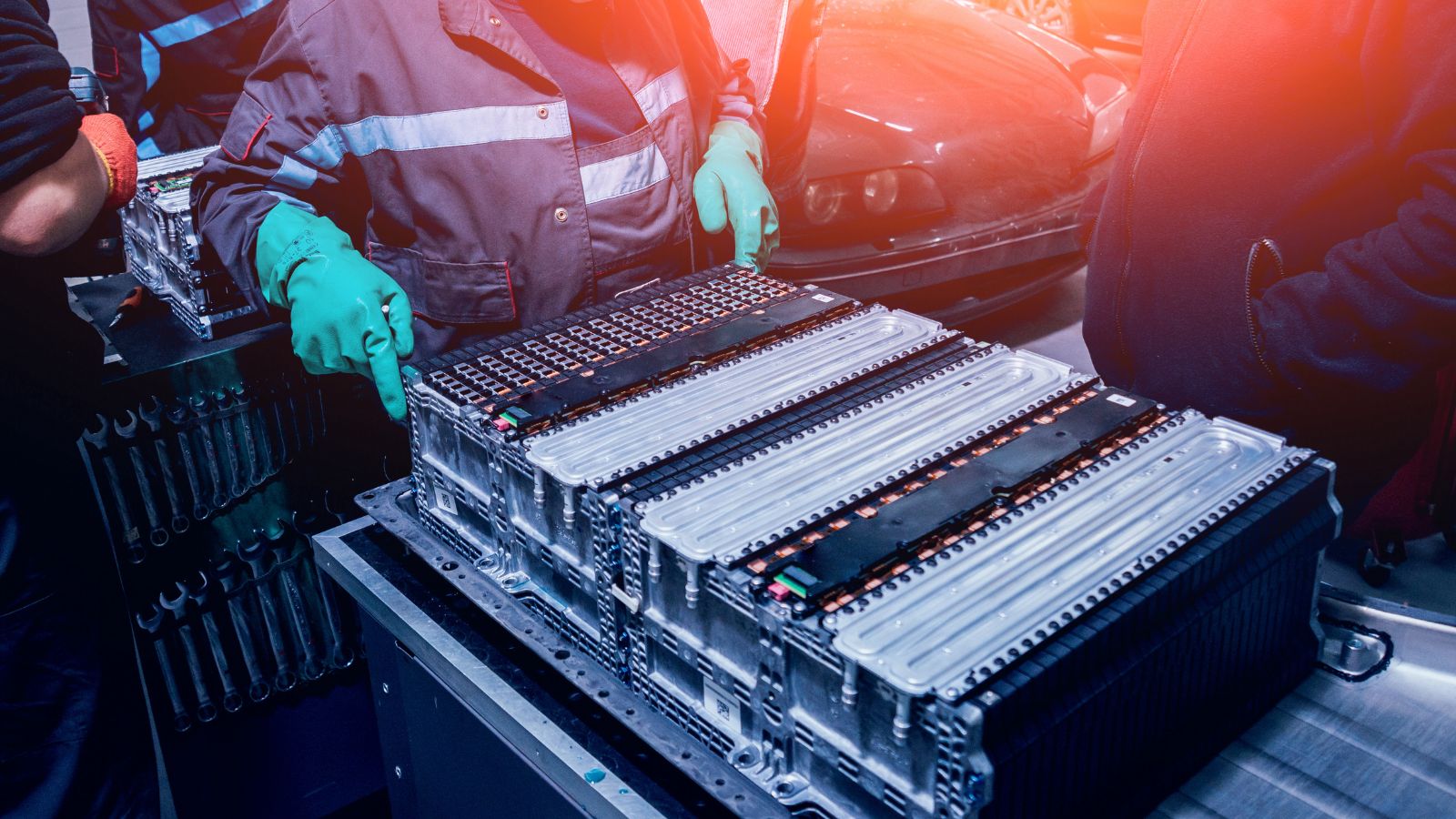
EV batteries are designed to last, but they definitely don’t last forever. Over time, they lose a lot of range and performance. Factors like frequent fast charging and extreme temperatures often accelerate this degradation. You don’t cause damage to a gas car just by putting gas in it, do you? Unfortunately, battery replacements can be very costly, so it’s important to manage expectations about how long they’ll last.
EVs Are Cheaper Overall

There’s definitely a lot of money to be saved on fuel and maintenance in EVs, but their upfront costs remain much higher than gas cars. Federal or state incentives can offset some of this expense, but they’re not available to everyone.
Even if they are available, the cars still cost a lot of money. Financial savings will depend on your driving habits, local electricity costs, and available rebates, but they aren’t cheap things to own.
EVs Don’t Need Any Repairs

Despite having fewer moving parts than gas cars, EVs are not immune to repairs. Issues with the battery and electrical systems can often be very expensive and time-consuming. Repairs often need specialized parts and qualified technicians. Regular maintenance and careful driving are still important if you want to avoid these unexpected costs, but if something does go wrong, you’ll know about it.
EVs Can Charge Everywhere

It’s a common belief that EVs can be charged almost anywhere, but this really isn’t true. Charging at home or work might be convenient for some, but there are lots of people who don’t have the space to park and charge their cars right next to their homes. Additionally, public chargers vary a lot in their availability and speed.
Cold Weather Has No Impact on Performance

Cold weather significantly impacts an EV’s range and charging time, even with the research and money they’re putting into developing better batteries. Heating the cabin also uses extra energy, further reducing range even further just because you’re trying to keep yourself warm.
While technology is improving, EVs still face challenges in colder climates. Hopefully, you don’t have to choose between keeping yourself warm and keeping your battery charged anytime soon.
Everyone Will Switch to EVs Soon
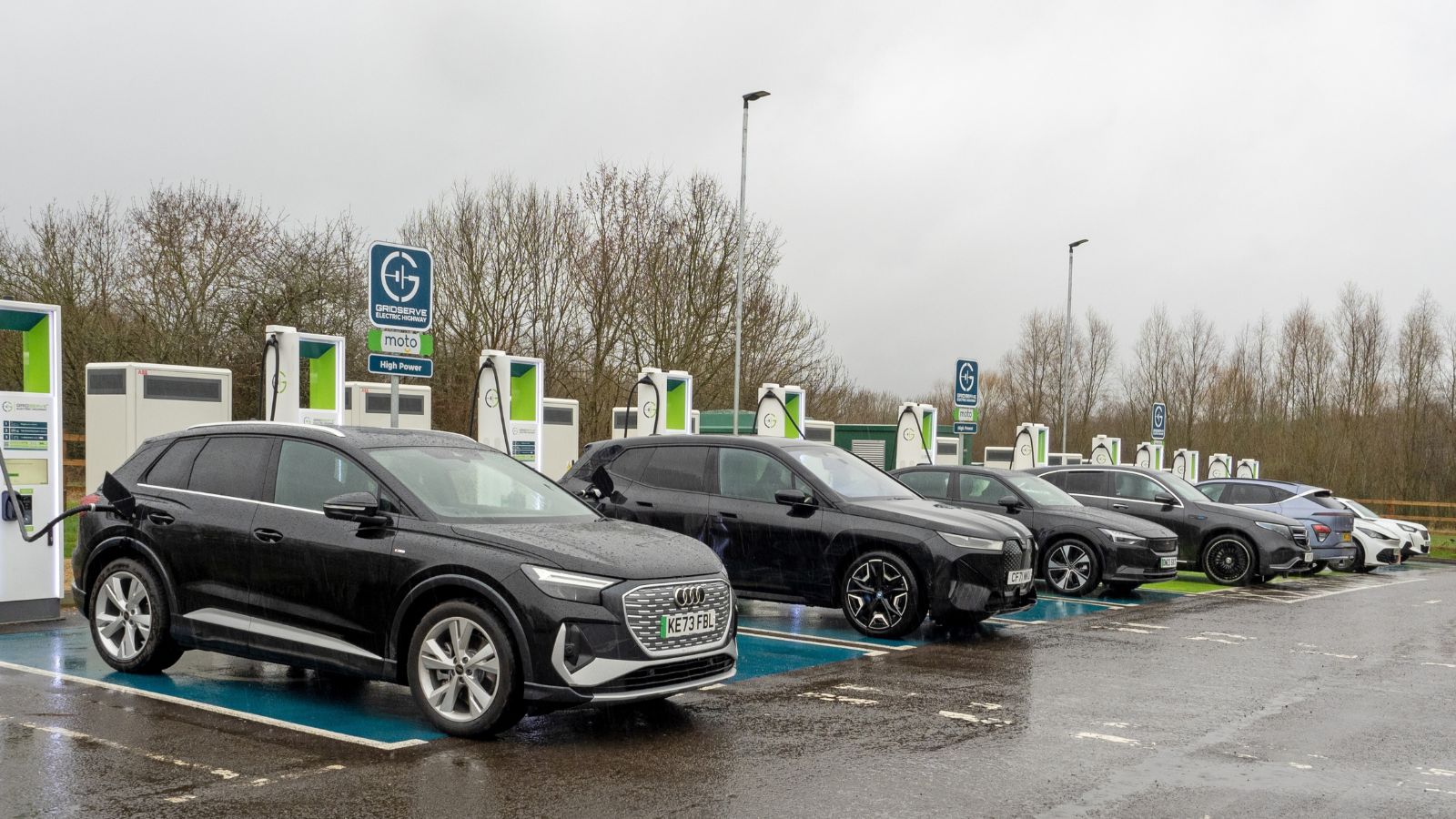
Many enthusiasts believe EVs will dominate the roads in the near future, but there are still a lot of things holding this reality back. EVs are still very expensive, and the limited infrastructure that exists for them makes them much less practical than normal gas cars. While the shift to EVs is happening, it’s likely to be a slow process rather than an overnight revolution.
Up Next:
- 17 Things You Should Never Do When Pulled Over By The Police
- 15 Cars to Avoid Due to Their Poor Engine Quality
- 18 Things You Shouldn’t Do When Your Car Breaks Down on a Road Trip
